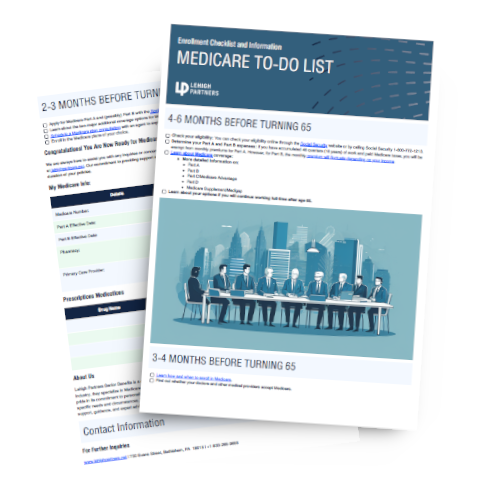The Medicare Advantage program (Part C) gives people an alternative way of receiving their Medicare benefits. The program consists of many different health plans (typically HMOs and PPOs) that are regulated by Medicare but run by private insurance companies. Plans usually charge monthly premiums (in addition to the Part B premium), although some plans in some areas are available with zero premiums.
These plans must offer the same Part A and Part B benefits that Original Medicare provides, and most plans include Part D prescription drug coverage in their benefit packages. Some plans offer extra benefits that are not included in Original Medicare, such as coverage for routine hearing, vision and dental care, and fitness programs.
Unlike the original program, Medicare Advantage plans operate in limited geographical areas. HMOs usually require you to go to doctors and hospitals within the plan’s provider network, except in emergencies; PPOs allow you to go out of network for higher copays. For this reason, Medicare Advantage plans are not suited to people who live in more than one state during the year (sunbirds or snowbirds) or travel a lot.
Medicare Advantage plans can change their costs (premiums, deductibles, copays) every calendar year. To be sure of getting your best deal, you can compare plans in your area during the Open Enrollment period (Oct. 15 to Dec. 7) and, if you want, switch to another one for the following year.
To join a Medicare Advantage plan, you must be enrolled in Medicare Part A and Part B. The plan cannot refuse your application, regardless of your health needs, except in one circumstance: You cannot join a plan if you have kidney failure (end-stage renal disease that requires regular dialysis or a kidney transplant), but you can still receive medical care for this condition through the Original Medicare program. Medicare Advantage plans cannot charge you higher premiums, deductibles or copays on the basis of your current state of health or preexisting medical conditions.
Note that Medicare supplemental insurance (Medigap) does not work with Medicare Advantage plans, and therefore you pay any out-of-pocket expenses (copays, deductibles) yourself.

